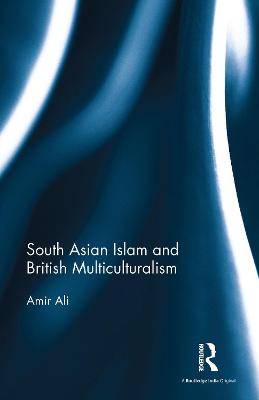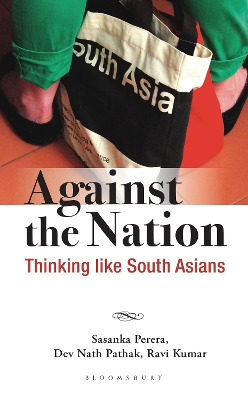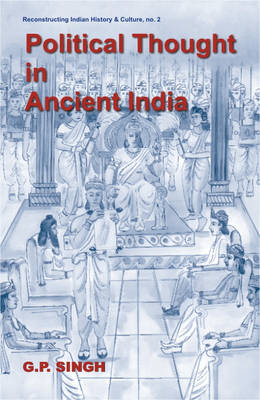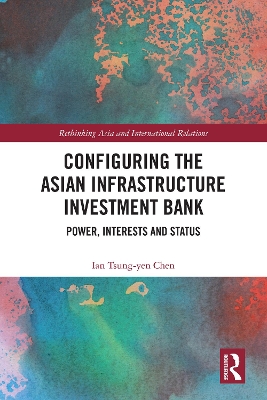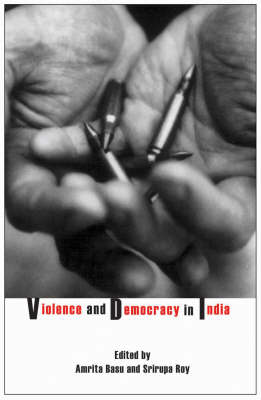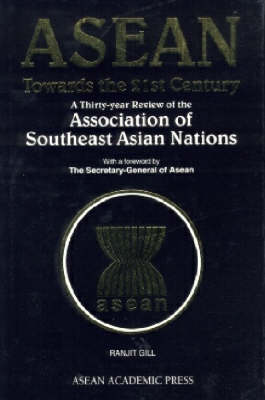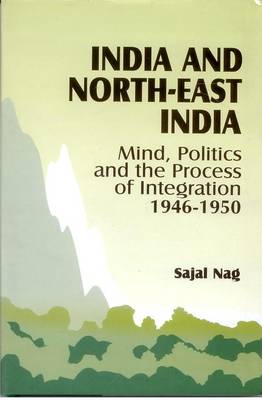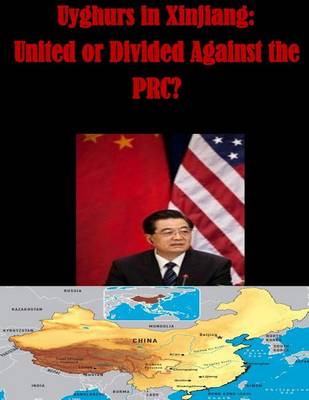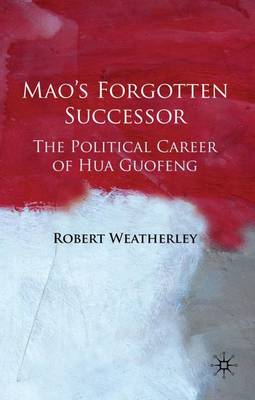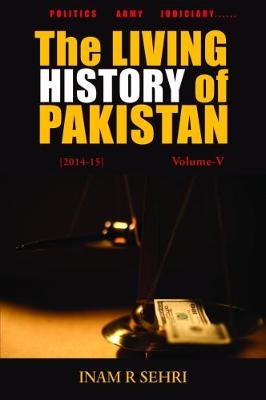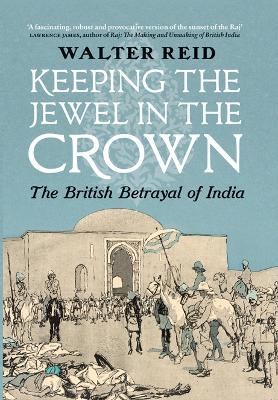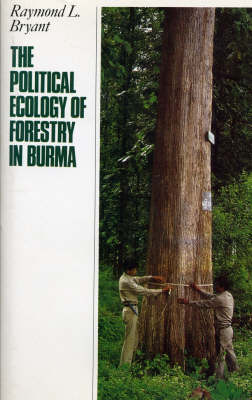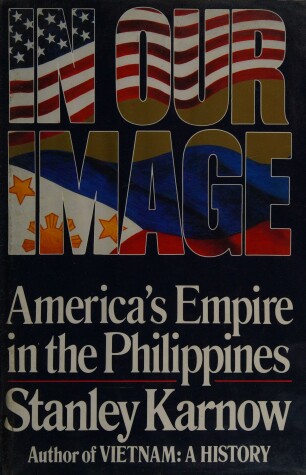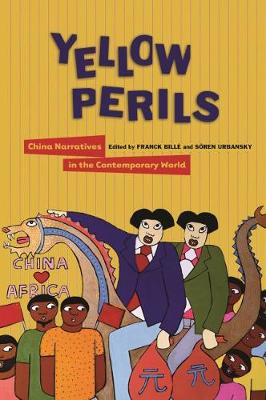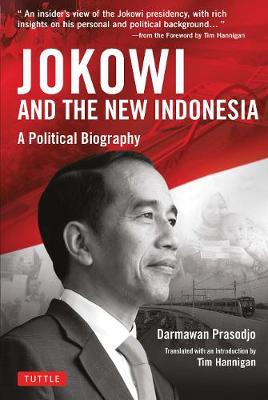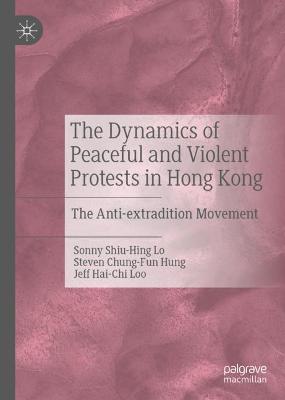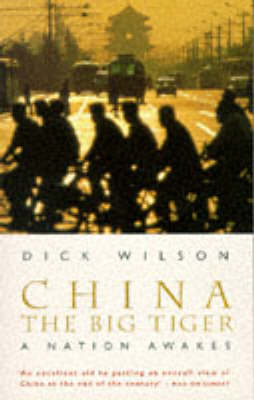The 1993 volume of "India Briefing" is published as great turbulence and uncertainty continue to rock this vast country. A close examination of the events leading up to and following the destruction of the Babri mosque in Ayodhya as well as an analysis of India's version of secularism and of Hindu nationalism form the core of the politics section, whilst the economics chapter explores the impact of the major Bombay stock market scandal and the continued loosening of economic restrictions by the...
This book analyses South Asian Islam's engagement with the West, and Britain in particular. It traces the roots of British multiculturalism to South Asia and the Deobandi school of Islam. The work shows how the pattern of interaction that initially emerged between the Deobandi Muslims and the colonial British state in late-19th century replicated itself in the British society in the second half of 20th century. The monograph reflects upon Islam's 'compatibility' with liberal democracy as well as...
Political Thought in Ancient India (Reconstructing Indian History and Culture, #2)
by G. P. Singh
Configuring the Asian Infrastructure Investment Bank (Rethinking Asia and International Relations)
by Ian Tsung-Yen Chen
Studying the Asian Infrastructure Investment Bank (AIIB) through the lens of international relations (IR) theory, Chen argues that it is inappropriate to treat the AIIB as either a revisionist or a complementary institution. Instead, the bank is still evolving and the interaction of power, interests, and status that will determine whether the bank will go wild. Theoretically, the current shape of the AIIB will influence global strategic conditions and global perceptions of the bank itself, cons...
"Violence and Democracy in India" examines the relationship between the extreme violence of riots, pogroms, acts of genocide and ethnic cleansing and the ordinary, everyday, often invisible structures and practices of violence in India. Usually, these exceptional, extreme moments of state-sponsored violence are treated as aberrations, quite separate from the everyday world of politics-as-usual, particularly when the norm in question is that of liberal democracy. In contrast, "Violence and Democr...
Uyghurs in Xinjiang - United or Divided Against the PRC
by Naval Postgraduate School
Selected Works of Jawaharlal Nehru, Second Series, Volume 82, 1 May-31st July 1963 (Selected Works of Jawaharlal Nehru)
The Selected Works of Jawaharlal Nehru has established its position as the single most important, authoritative, and reliable source on Nehru's life, work, and thought. It is indispensable to the scholar, fascinating to the layperson, and at times something of a primer in politics, democracy, and world affairs, as Nehru intended his periodic letters to his chief ministers to be. It provides a panorama of home and the world as seen from the centre of power in India by an acutely sensitive observe...
Hua Guofeng succeeded Mao in 1976, emerging almost out of nowhere following an unexceptional career in Shanxi and Hunan. In just over two years, Hua had been eclipsed by Deng Xiaoping, a more politically shrewd, progressive and charismatic figure. If Hua's rise to power was remarkable, then this fall was even more so.
The Living History of Pakistan (2014-2015): Volume V (History of Pakistan, #5)
by Inam R. Sehri
The 9th volume of Inam Sehri's books on the contemporary history of Pakistan [since 1971] is in your hand. Each chapter is a different scenario but they continue on from the 'Judges & Generals in Pakistan' Volumes I-IV and travel through 'The Living History of Pakistan' Volumes I-IV, making this book a milestone in the sustained effort of keeping the country's past intact. We are living in an age of worldwide developed media; it is therefore very easy to cross check the truth or the real value o...
This study is an analysis, based on first-hand experience, of cross-border insurgencies in north-east India and adjoining regions of Bangladesh, Burma and China, in the broader context of the international relations of South Asia. Bhaumik argues that, rather than fight costly conventional wars, the states of the region prefer to patronize bands of guerrilla fighters - eg the Tamil Tigers of Sri Lanka, the Jammu and Kashmir Liberation Front, and the Shanti Bahini of Bangladesh's Chittagong Hill T...
Everything You Want to Know About the Communist Party of China
by Junru Li
When India became independent in 1947, the general view, which has prevailed until now, is that Britain had been steadily working for an amicable transfer of power for decades. In this book Walter Reid argues that nothing could be further from the truth. With reference to a vast amount of documentary material, from private letters to public records and state papers, he shows how Britain held back political progress in India for as long as possible - a policy which led to unimaginable chaos and s...
This text examines the contest for control of Burma'a forests since the early 19th century. It reveals that competition for scarce ecological resources is not new, and that both the colonial and post-colonial state have struggled struggled to impose their will on peasants and shifting cultivators. The author highlights how contemporary forest conflict finds its origins in colonial times. The text provides an introduction to, and discussion of, political ecology in the regional and comparative se...
Corazon Aquino's dramatic emergence in the Philippines in 1986 captured the imagination of the world and focused attention on what was for decades America's only major colonial possession. This book portrays America's 19th- and 20th-century empire builders and examines the consequences of their presence in the Philippines. Rule of the Philippines made America the great Pacific power that plunged it into World War II. Today, the legacy of this colonial relationship continues to affect vital US in...
Yellow Perils
China's meteoric rise and ever expanding economic and cultural footprint have been accompanied by widespread global disquiet. Whether admiring or alarmist, media discourse and representations of China often tap into the myths and prejudices that emerged through specific historical encounters. These deeply embedded anxieties have shown great resilience, as in recent media treatments of SARS and the H5N1 virus, which echoed past beliefs connecting China and disease. Popular perceptions of Asia, to...
The Chinese Empire (UNESCO Guides - World Heritage)
In 2014, Joko Widodo-popularly known as Jokowi-was elected the seventh president of the Republic of Indonesia, going on to win a second five-year term in 2019. Raised amid poverty in a riverside slum and with a background in the furniture trade, Jokowi broke the mold for political leaders in the world's third-largest democracy. His meteoric rise came without the benefit of personal connections to the traditional elites who have dominated Indonesian politics for three-quarters of a century, makin...
The Dynamics of Peaceful and Violent Protests in Hong Kong
by Sonny Shiu-Hing Lo, Steven Chung-Fun Hung, and Jeff Hai-Chi Loo
This book shows that Hong Kong's protests from June to December 2019 originated from not only an attempt to extradite a Hong Kong man involved in a Taiwan murder case, but also China's effort at extraditing corrupt mainlanders who laundered dirty money in the territory. The mixture of peaceful and violent protests was due to the snowballing effect of protestors-police confrontations, the imbalanced way in which police exercised their power, and protestors' strategies. The protests triggered the...
It has been difficult to obtain a coherent and sensible picture of China and its development. There were many exaggeratedly gloomy or optimistic scenarios in the past, and now positive reports of economic and trade growth seem counterweighed by negative ones of political repression. The scenes witnessed on television of Tiananmen Square in 1989 have remained a lasting and potent impression of China in many Westerner's memories. Subsequently, it has been a complex task to grasp a unifying sense o...
Mongolia has often been treated in Western scholarly literature as an appendage of Russia or China. In this history, Julia Nordby avoids this approach and instead focuses on Mongol aspirations of statehood and nationhood in an attempt to describe events from the Mongolian point of view. The extent to which Mongolian culture, religion and the nomadic way of life have survived in a society greatly influenced by its communist neighbours also features strongly, as does the exploitation by the Mongol...

